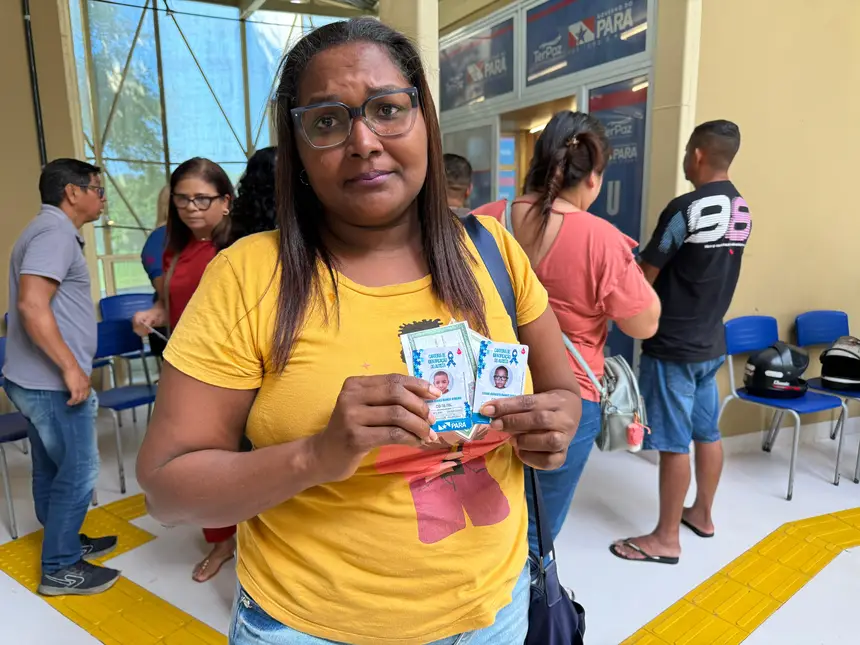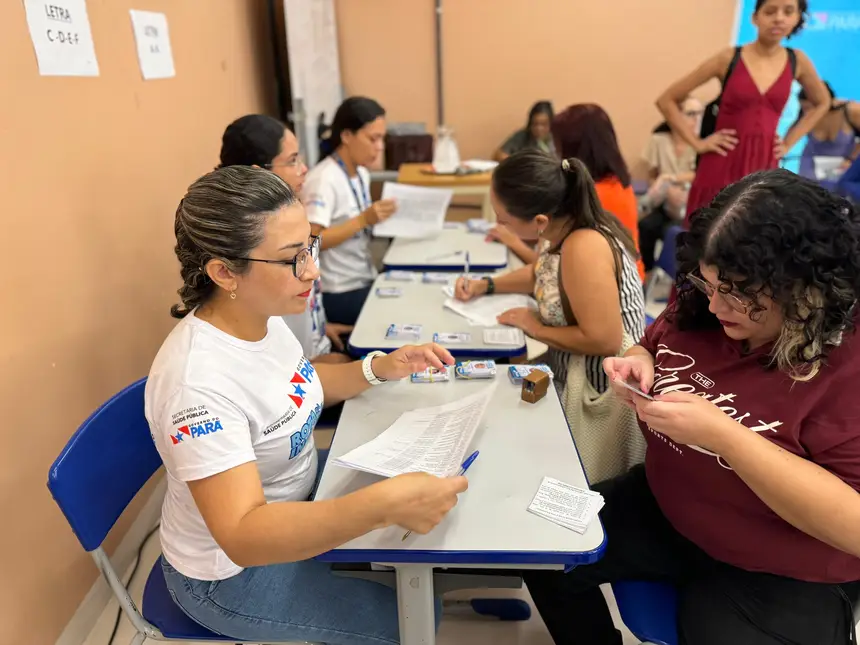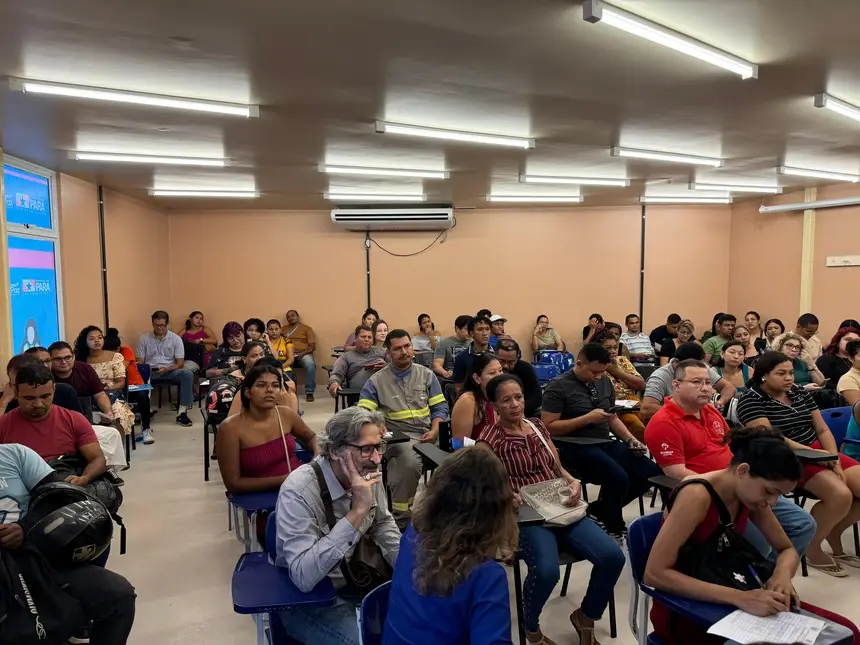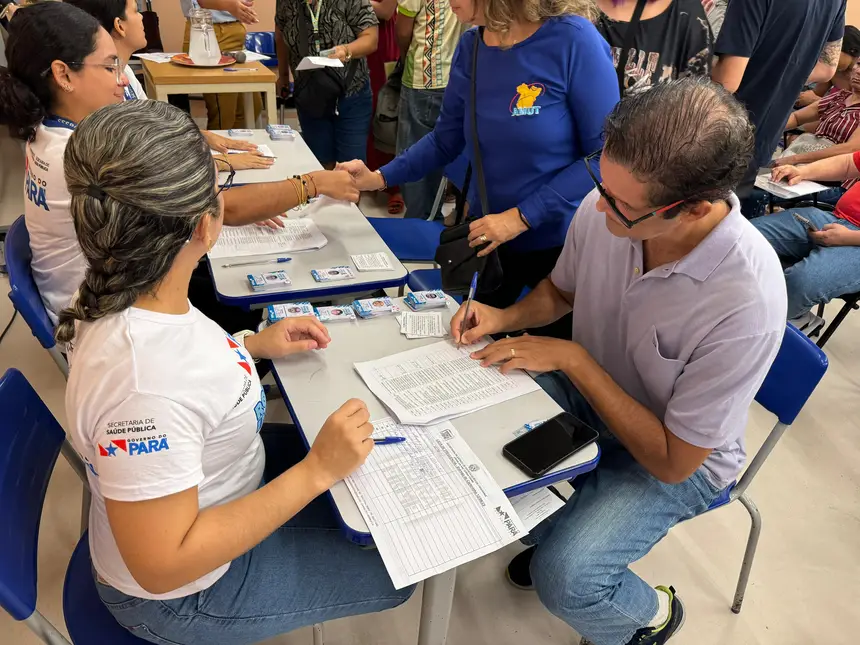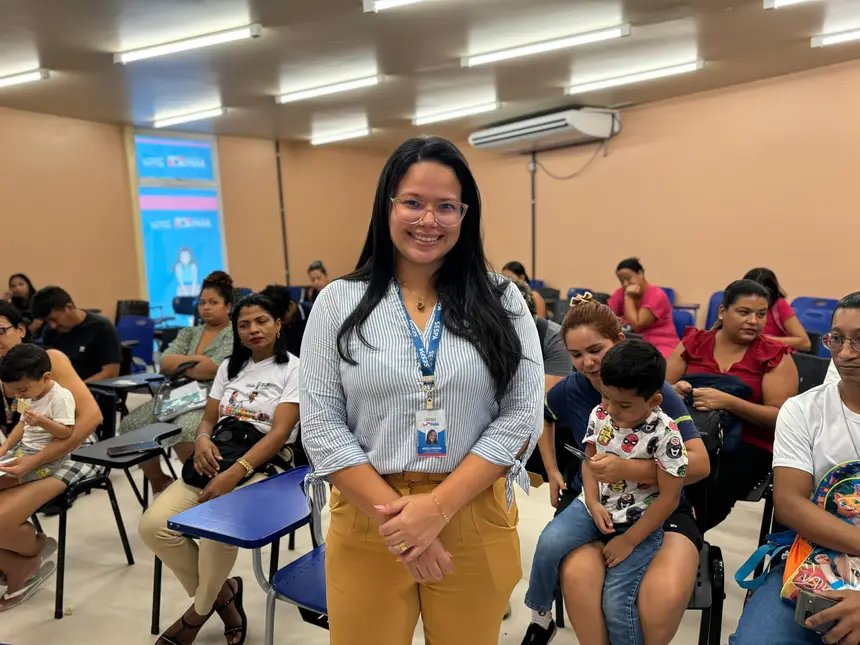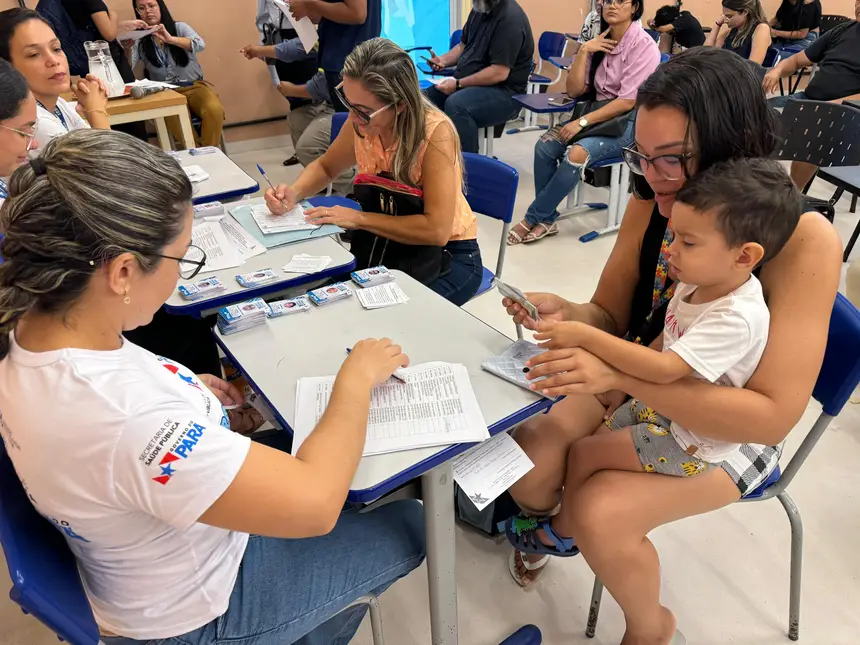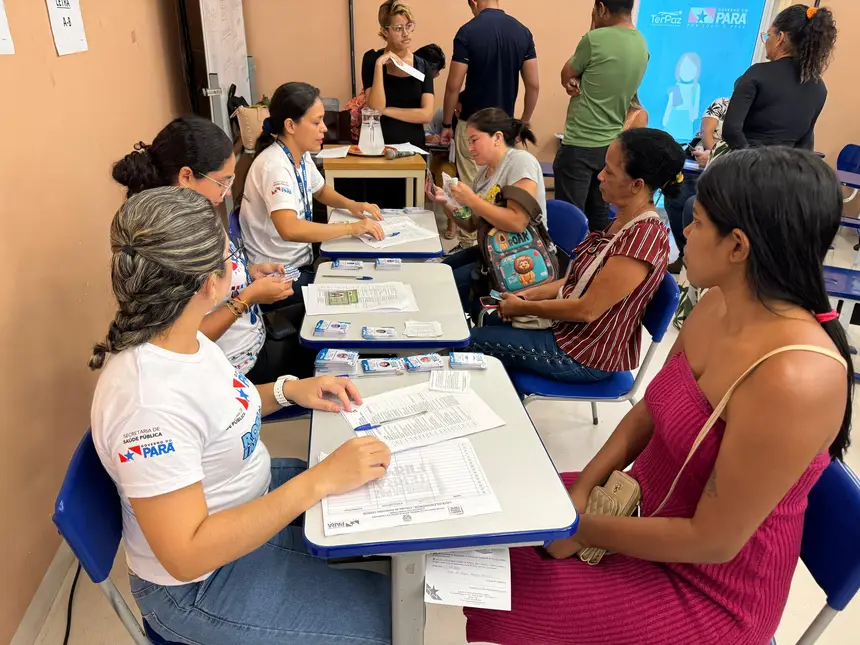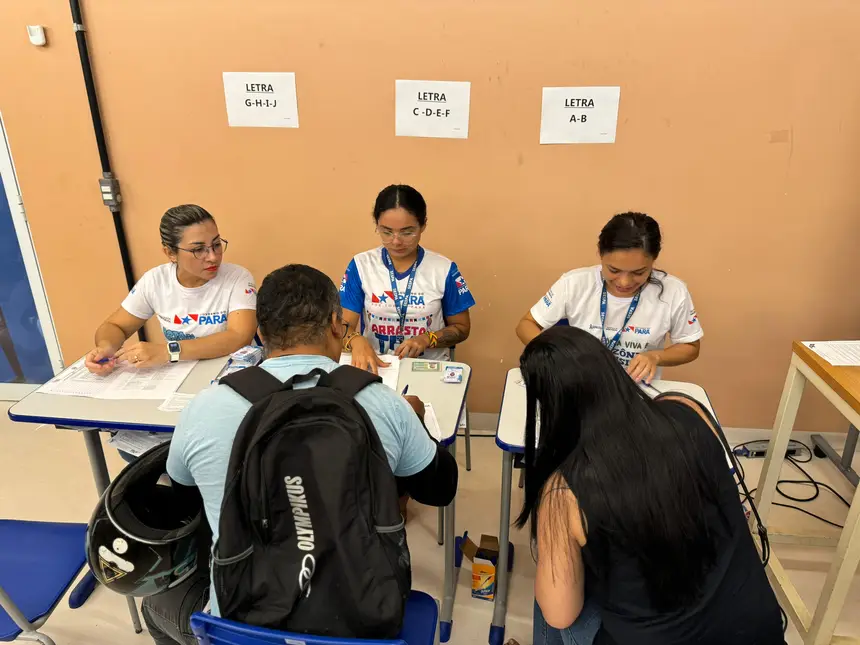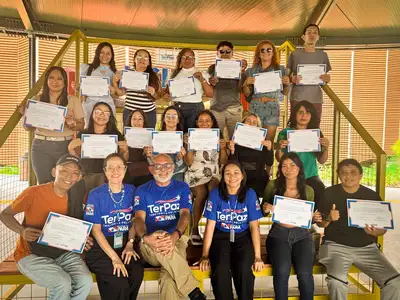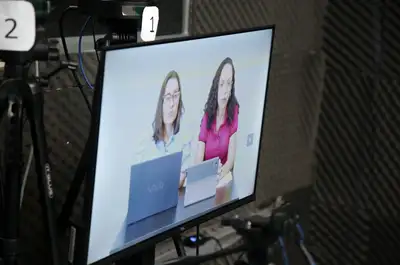Sespa delivers over 300 identification cards for people with autism
The document was delivered at the Usina da Paz da Terra Firme and guarantees priority service for people with Autism Spectrum Disorder (ASD)
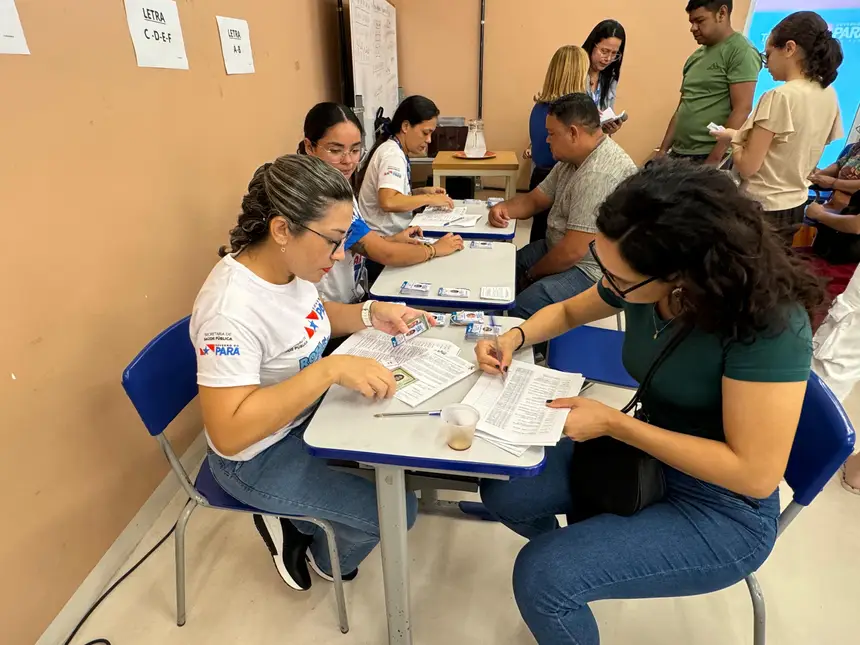
This Tuesday (12) was marked by emotion and a sense of achievement at the Usina da Paz da Terra Firme in Belém. The State Department of Public Health (Sespa), through the State Coordination of Autism Policies (Cepa), delivered over 300 cards to families in Belém. The action was carried out in partnership with the State Department of Citizenship Articulation (Seac).
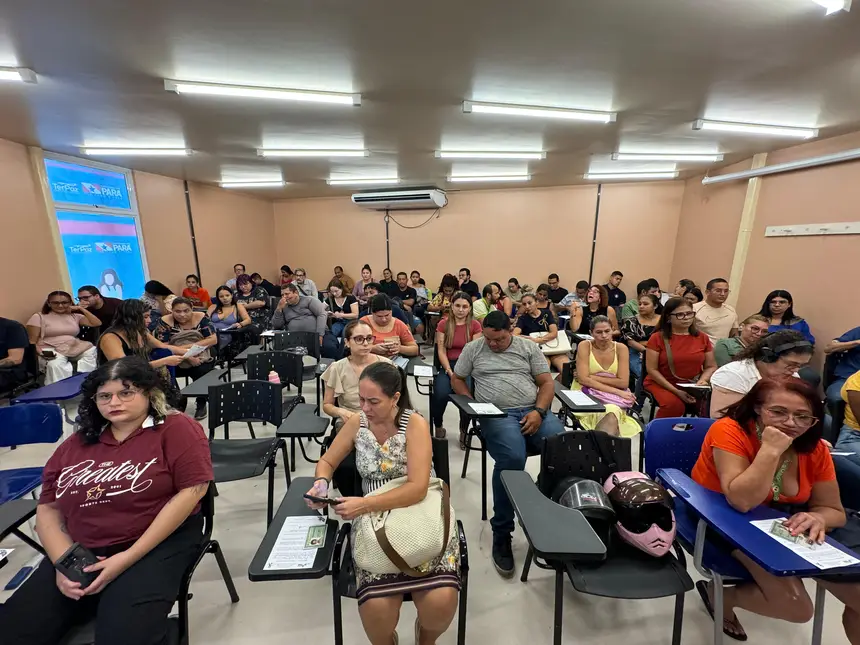
The document, created by Law 13.977/2020 — the Romeo Mion Law — guarantees access to comprehensive and priority care for people with ASD. According to Neyelle Lacerda, state coordinator of autism policies, today’s delivery is part of Sespa’s ongoing work.
“This year, we have already delivered over 3,000 cards in Belém and other municipalities in Pará. The Ciptea ensures that people with ASD have access to the services and priorities provided by law, in addition to facilitating identification in socio-occupational interactions,” explained Neyelle Lacerda.
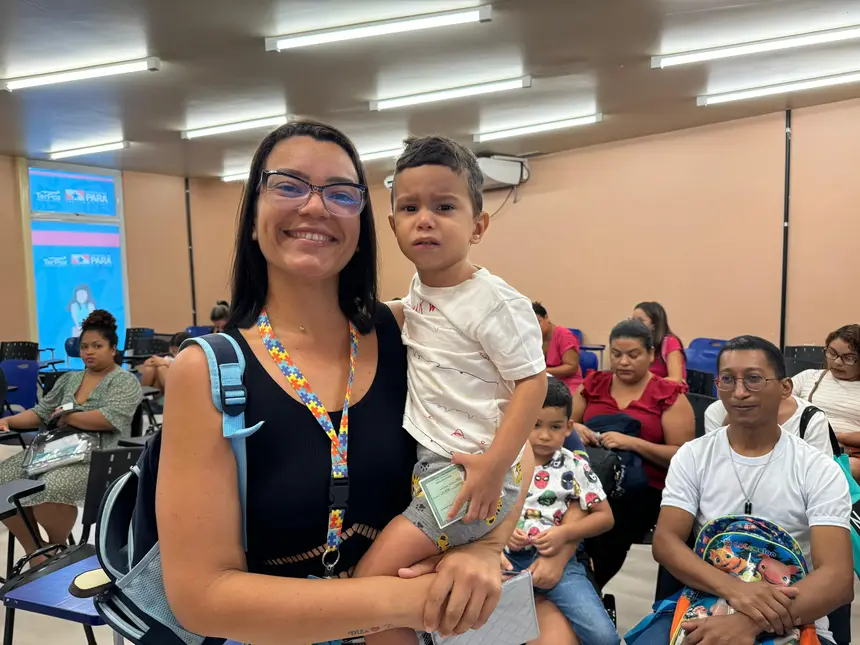
Among the beneficiaries was Maria Ramos, a domestic worker, who could not hold back her tears as she held the cards for her son César Augusto and her nephew Abner Isaías. “It’s important because now people will identify that child has autism. Sometimes they make those little screams and many people don’t understand, then we have to explain. It’s annoying, but with the identification, it becomes easier. I even get emotional,” she said.
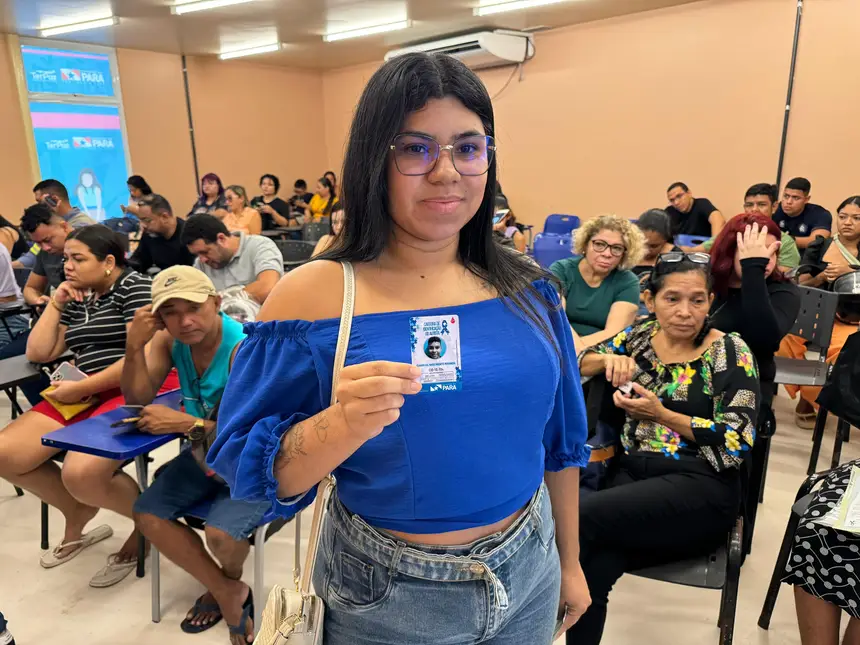
Natasha Nascimento, a student and mother of two atypical children, also felt more relieved. She shared that she has experienced embarrassing situations in public spaces when her youngest son had crises and was the target of prejudiced looks. “Many think it’s a tantrum or bad behavior. The necklace and the card help a lot because they explain without me having to justify all the time. It’s a guaranteed right that brings dignity,” she stated.
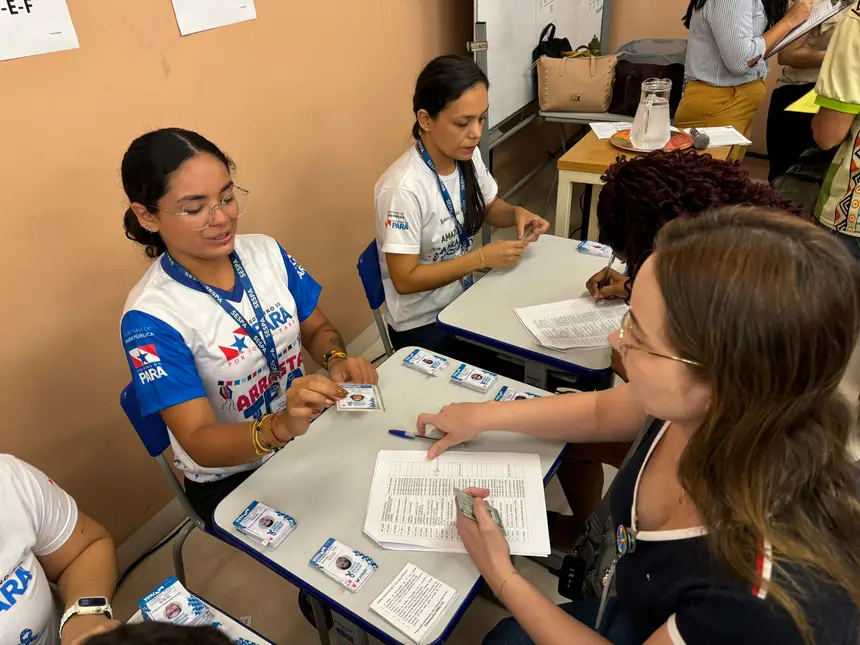
The administrator Carlos Rego sought the Ciptea for his wife, Glenda Meira, 45 years old, and highlighted the positive impact of the document on her self-esteem. “It will bring great benefits in all areas and completely improve her self-esteem,” he assured. Maria Martins, a housewife, recalled that she used to only use an identification necklace for her son Emmanuel, but was still questioned. “Some people thought I had bought it just to justify my son’s bad behavior. With the official card, people will understand and respect more,” she reported.
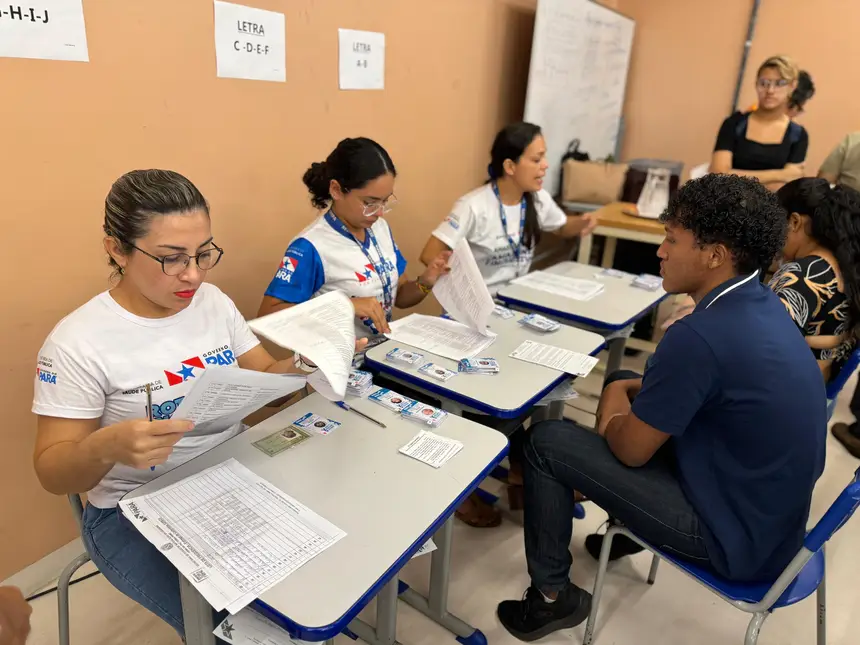
Andréa Dutra, an attendant, went to get the card for her son Davi, 11 years old. She emphasized that identification is essential to avoid embarrassment in everyday situations. Michelle Araújo, self-employed, was with her son and noted that the card is a tool for guaranteeing rights: “Wherever I go, I will be able to prove his condition and ensure what is rightfully his.”
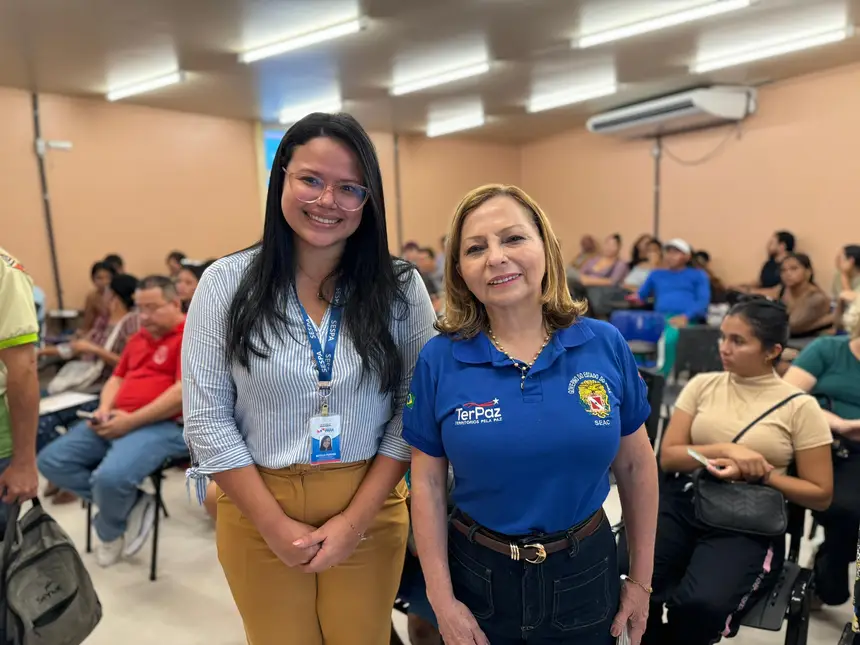
The Secretary of State for Citizenship Articulation, Elieth Braga, highlighted that the moment represents important advances in state policy for autism. “This is a Government that cares for people. There have been many advances in recent years, with specific spaces and services within the autism policy.”
“The Usinas da Paz are integrated into this process, as well as programs like ‘Por Todas Elas’, which also offer services aimed at autistic people and their families. We continue to work to advance even further,” she reinforced.
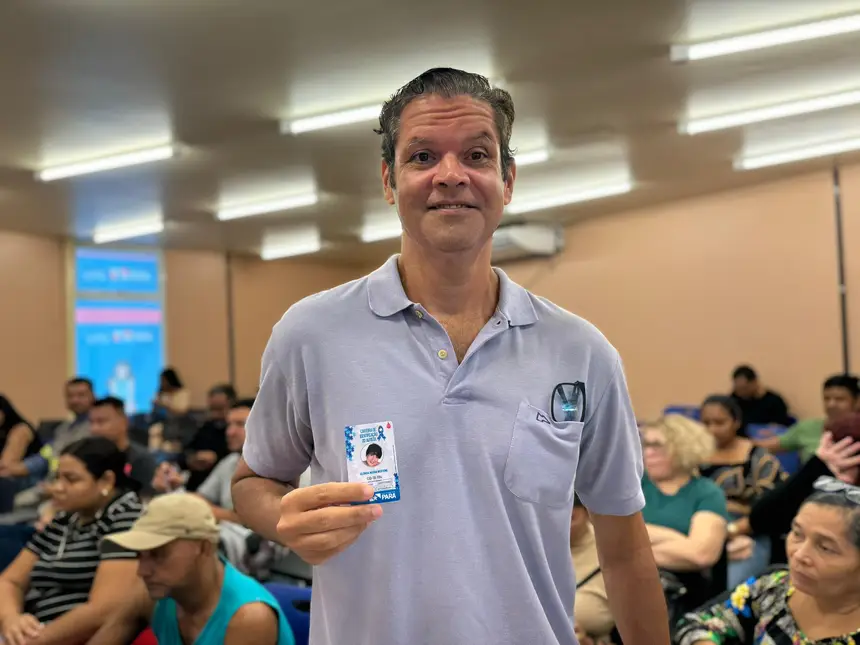
The request for the Ciptea can be made through the website ciptea.saude.pa.gov.br, upon registration, filling out a form, and sending a photo, ID, CPF, medical report with the CID of ASD, and proof of residence in image format.


